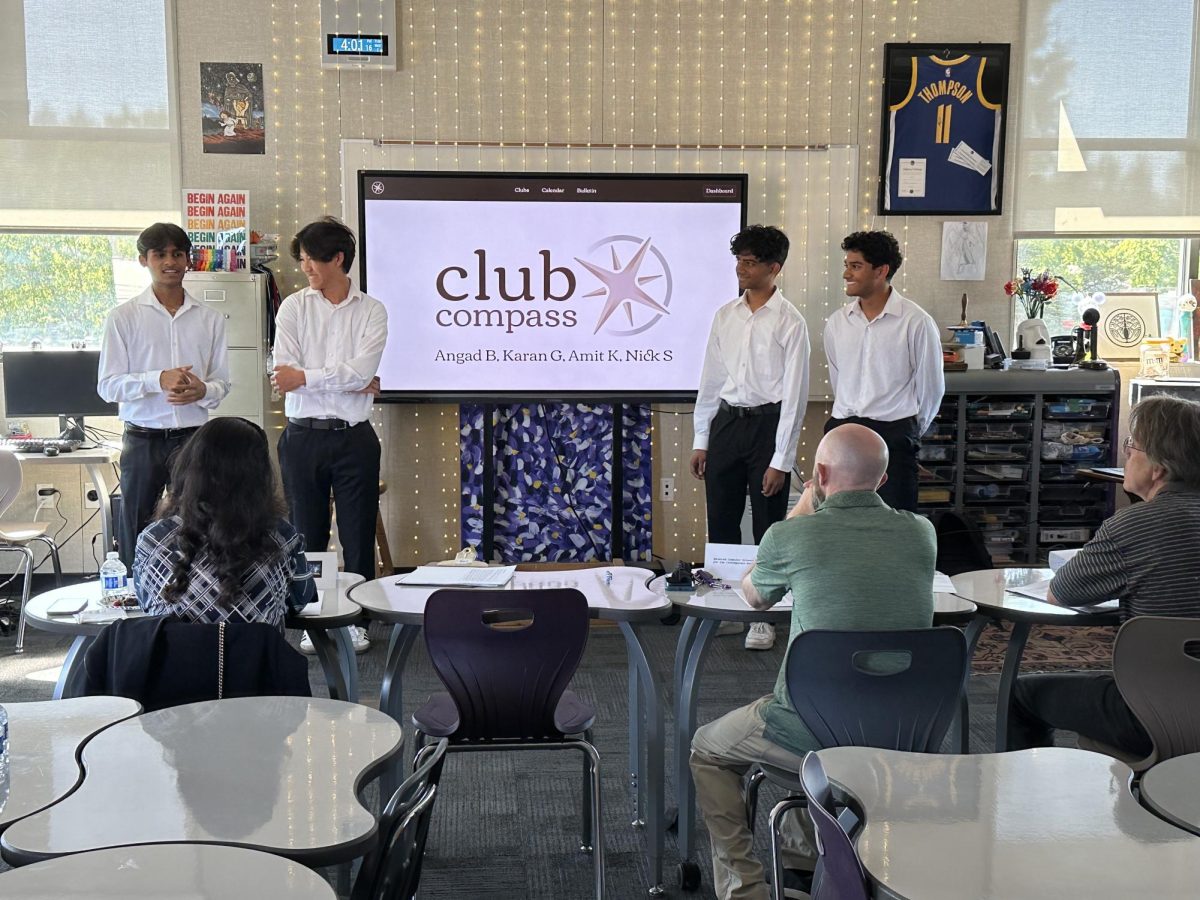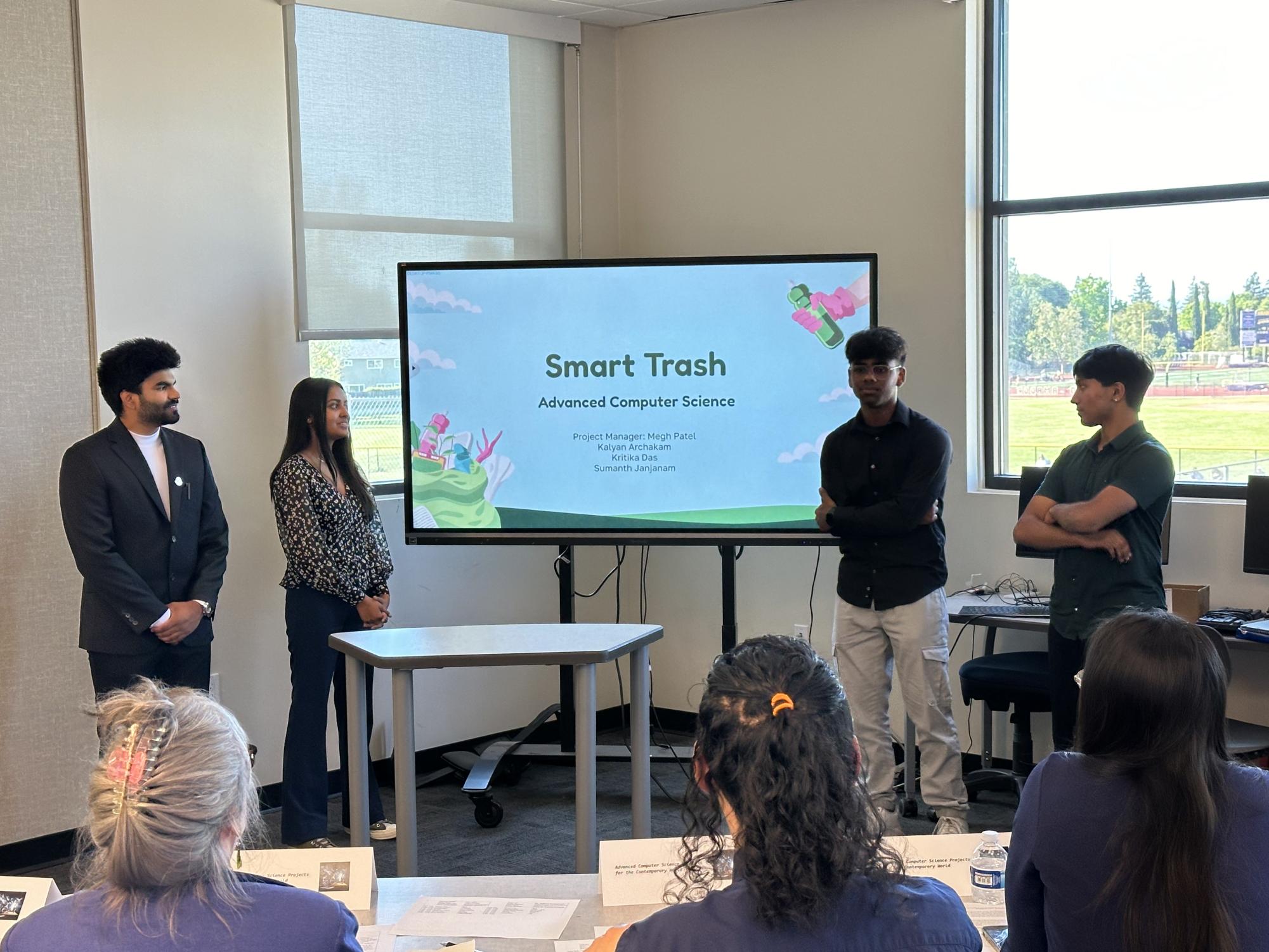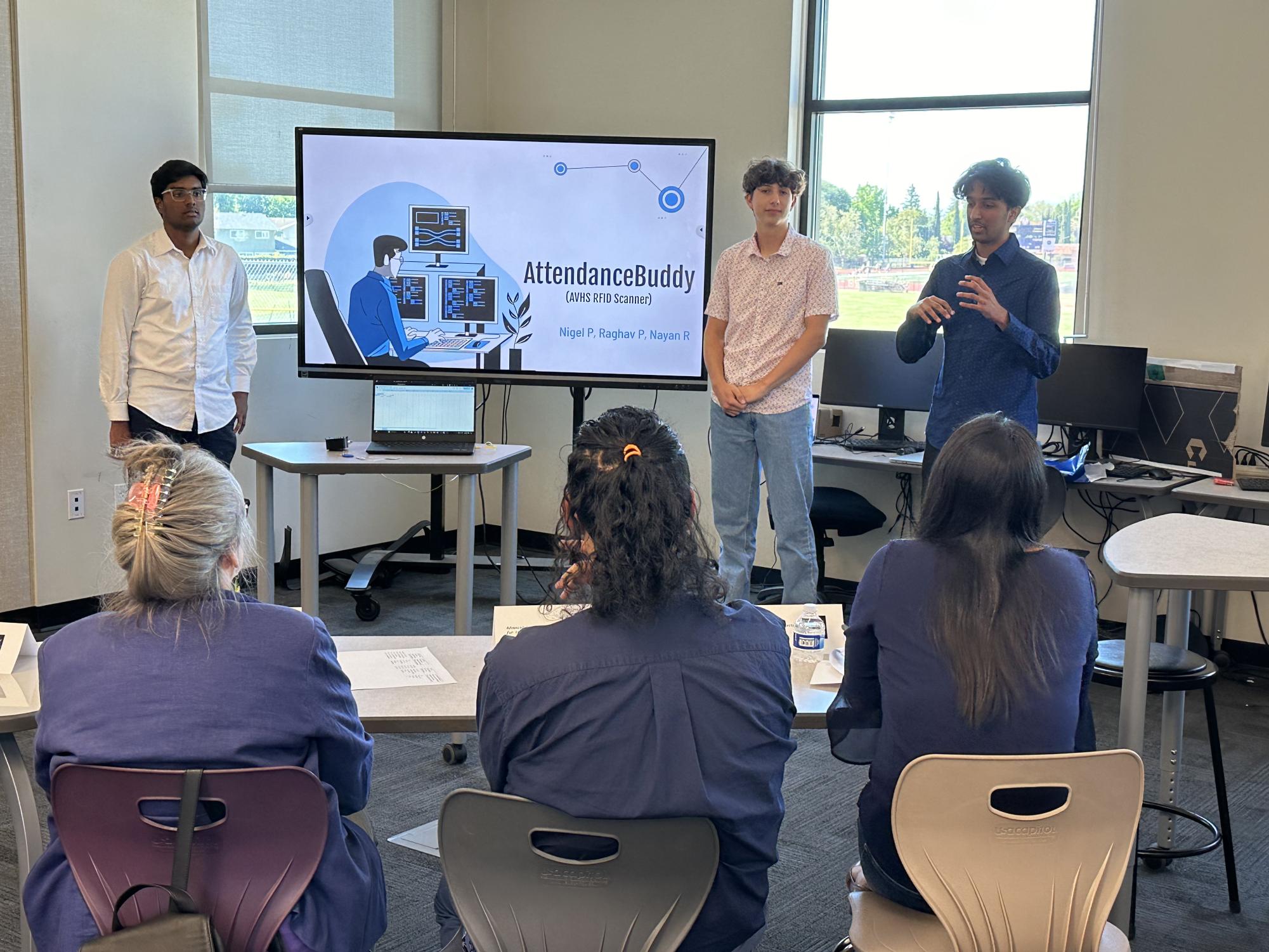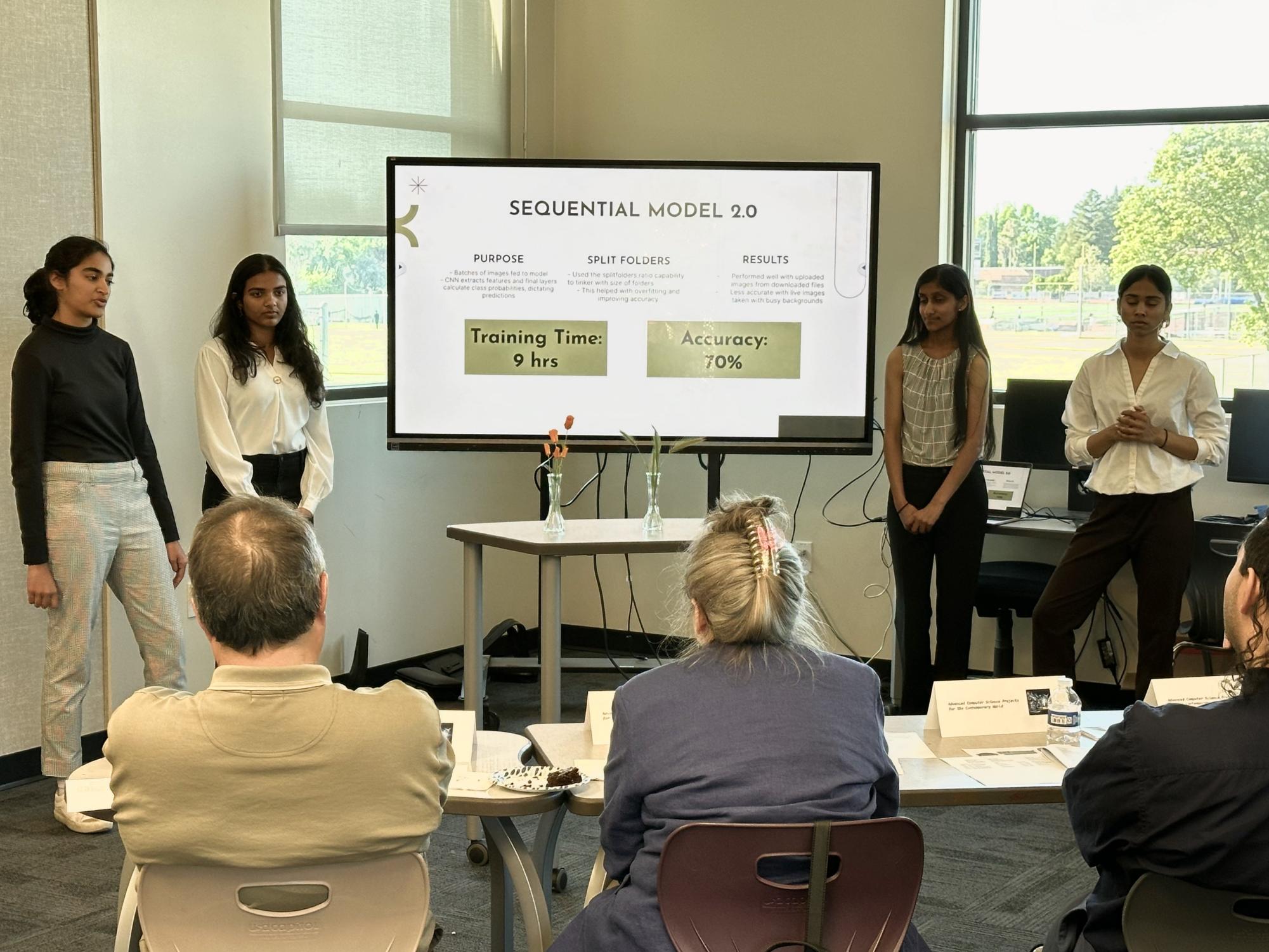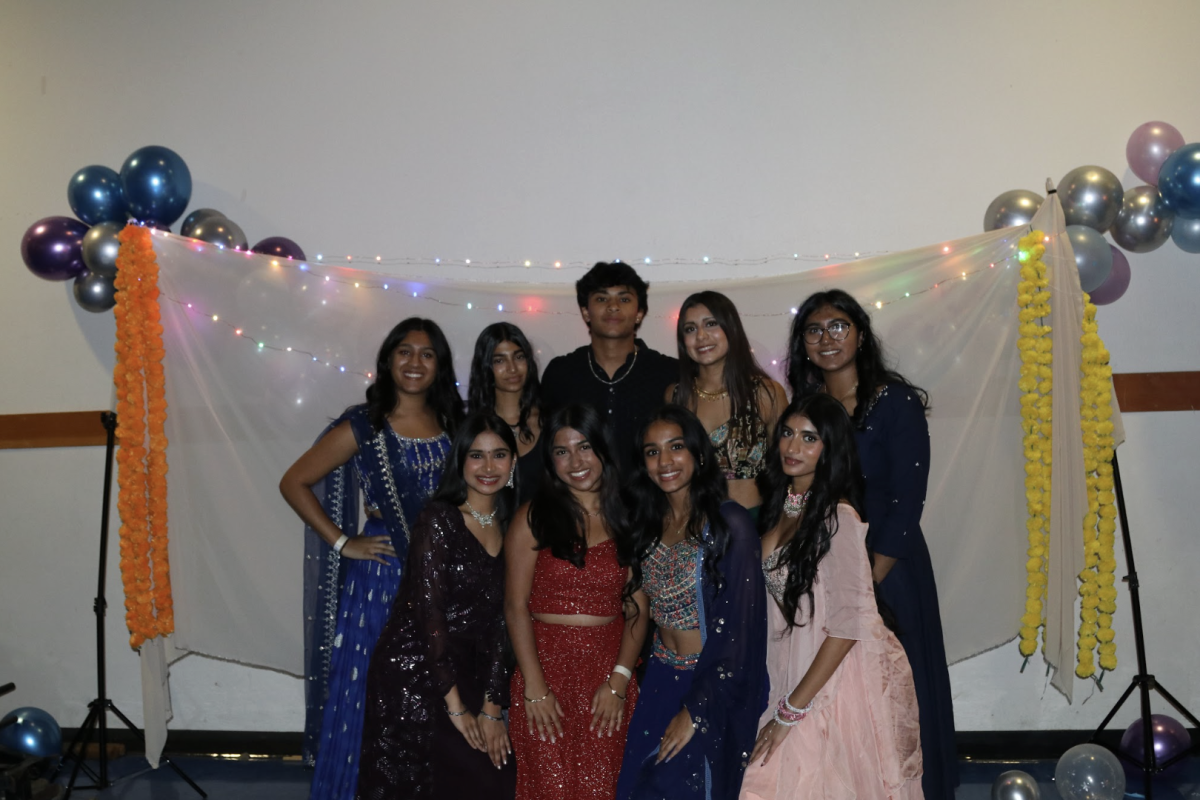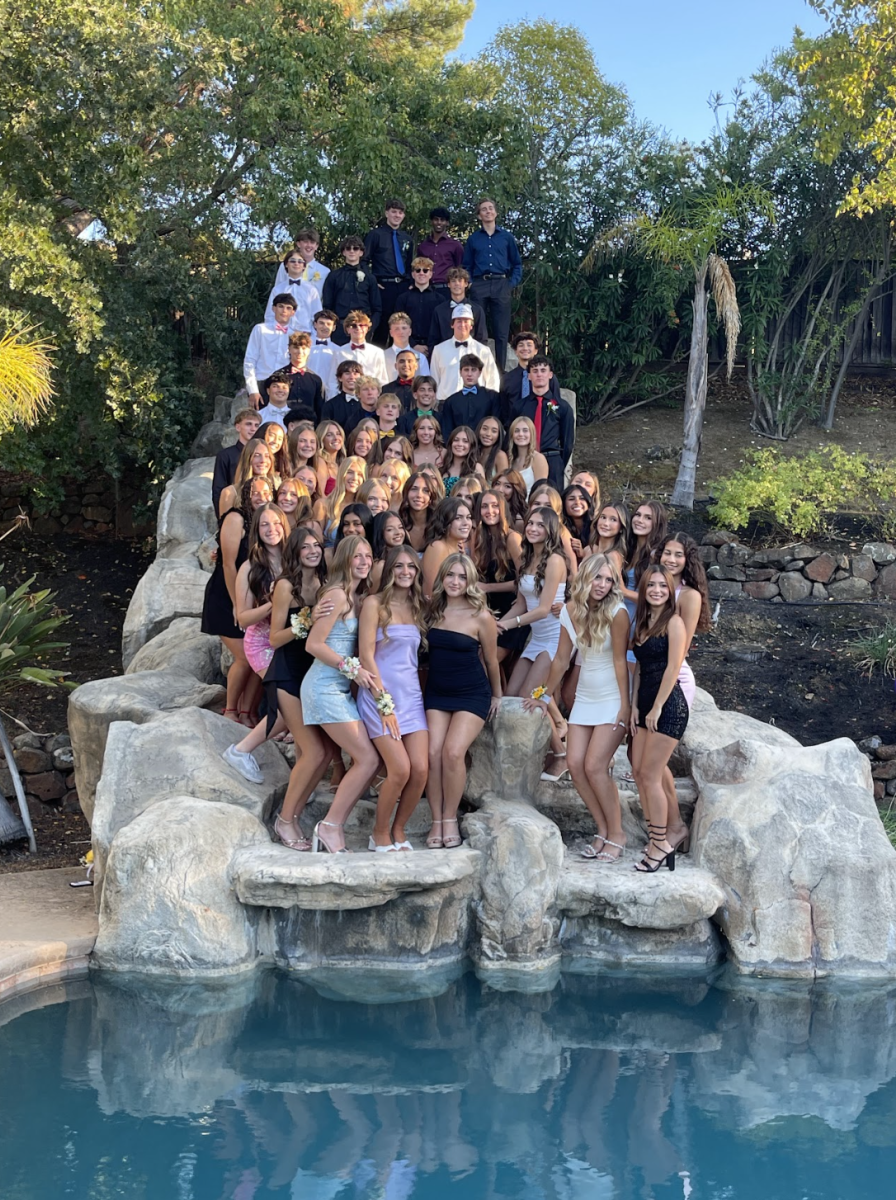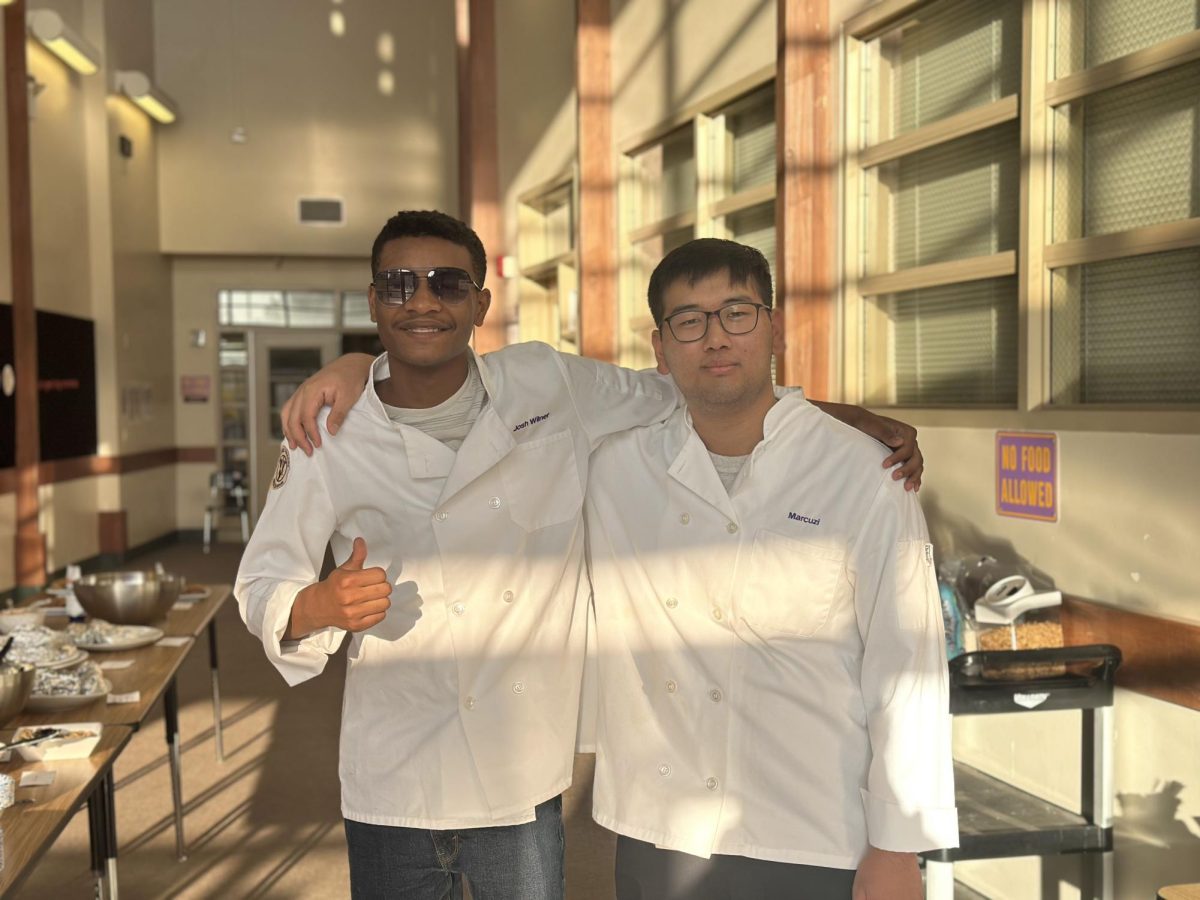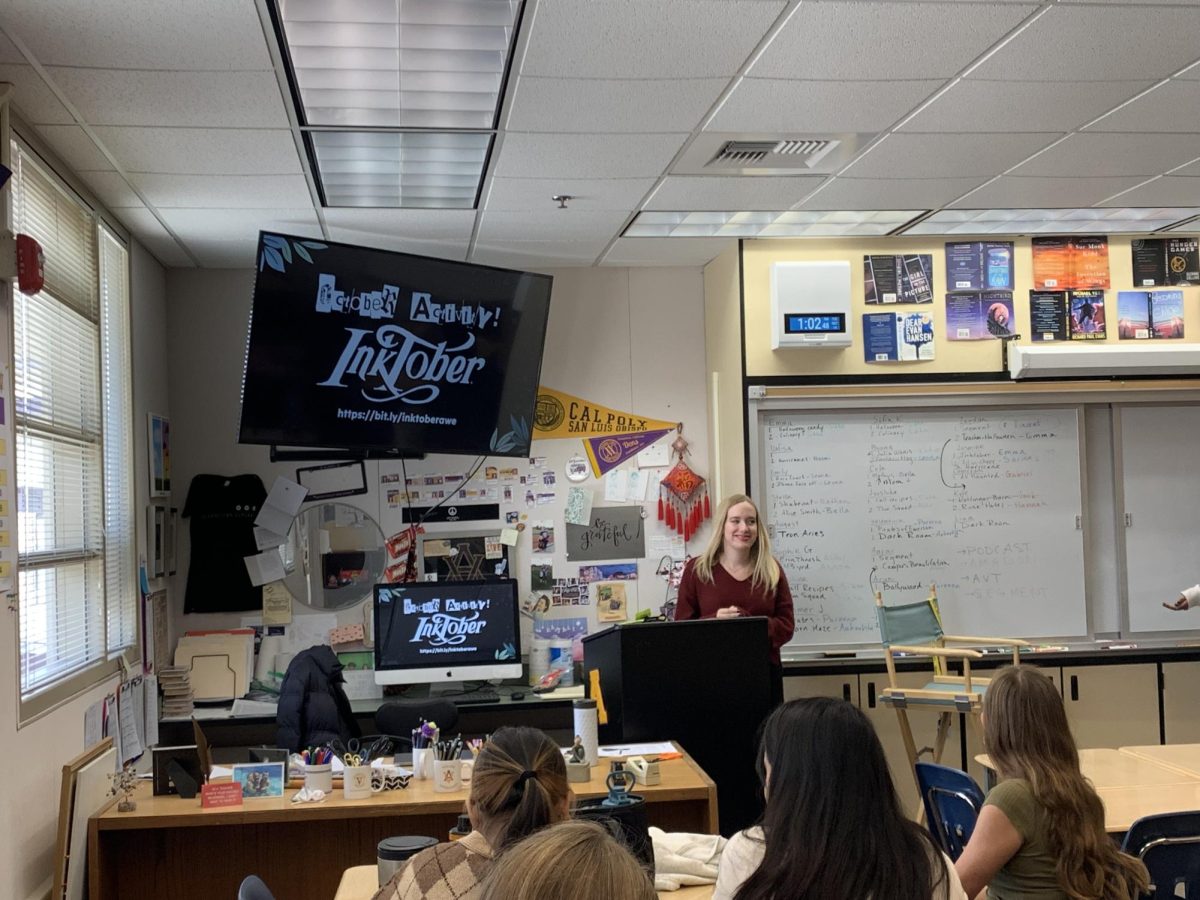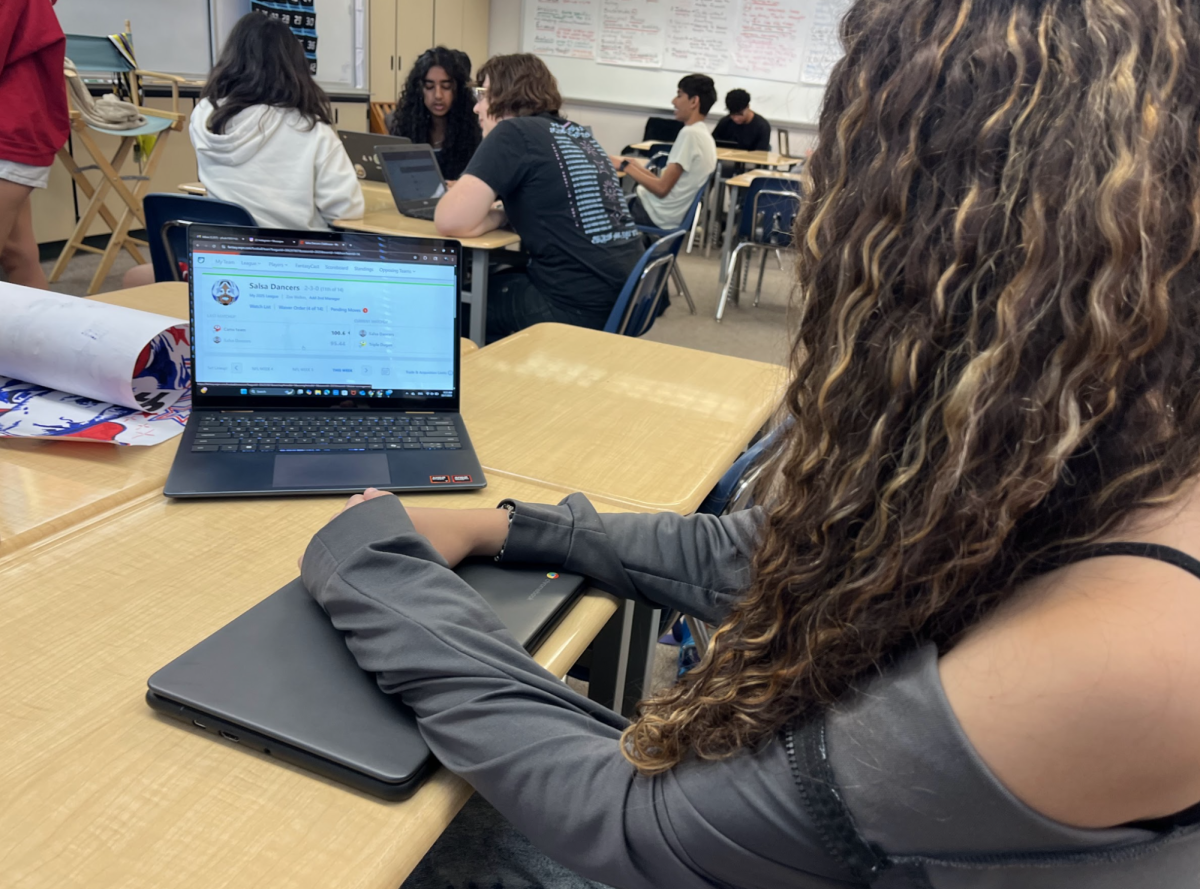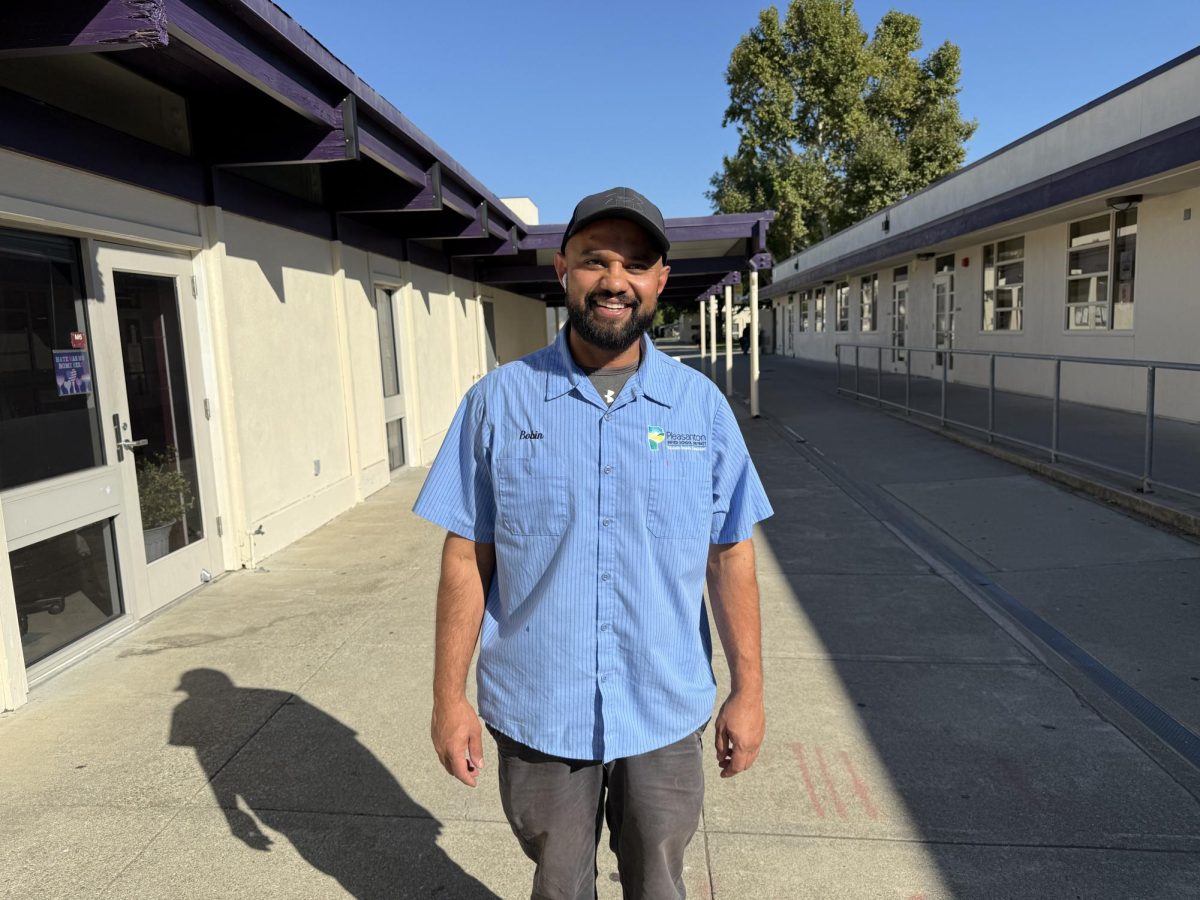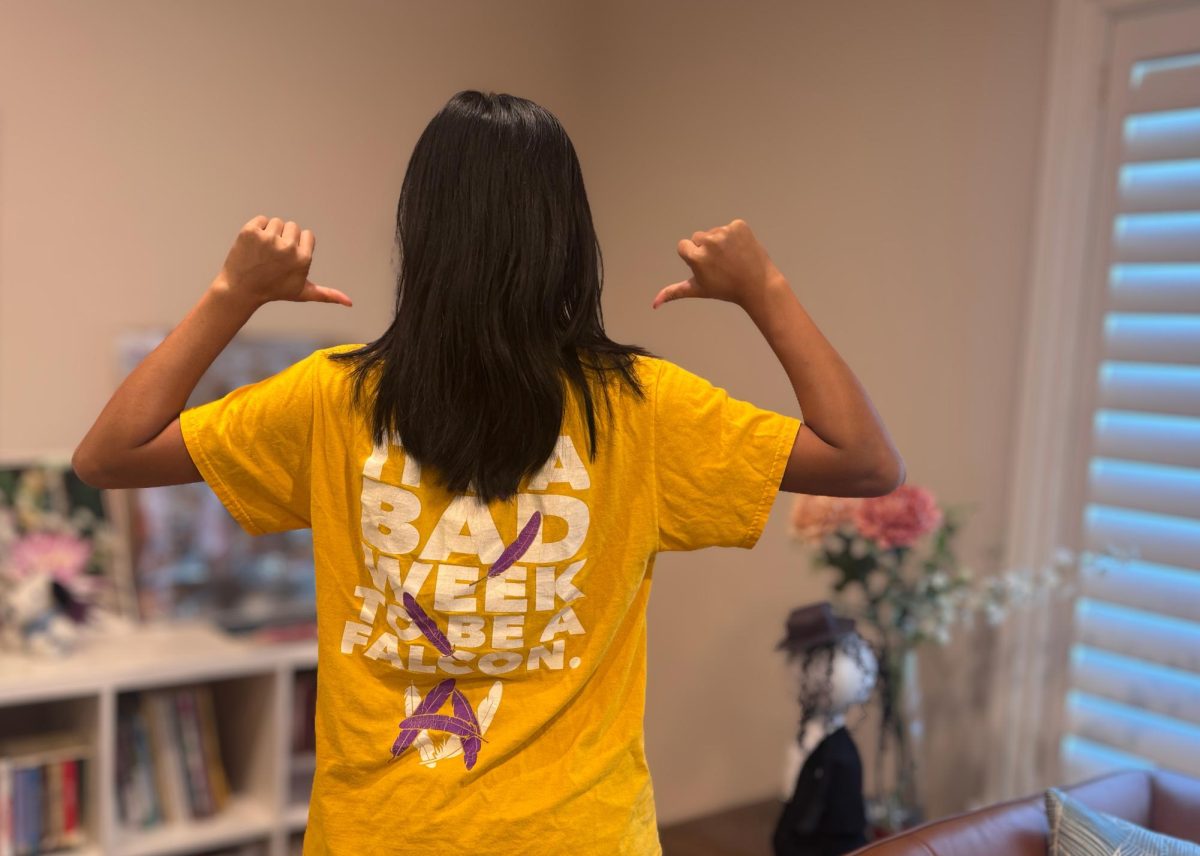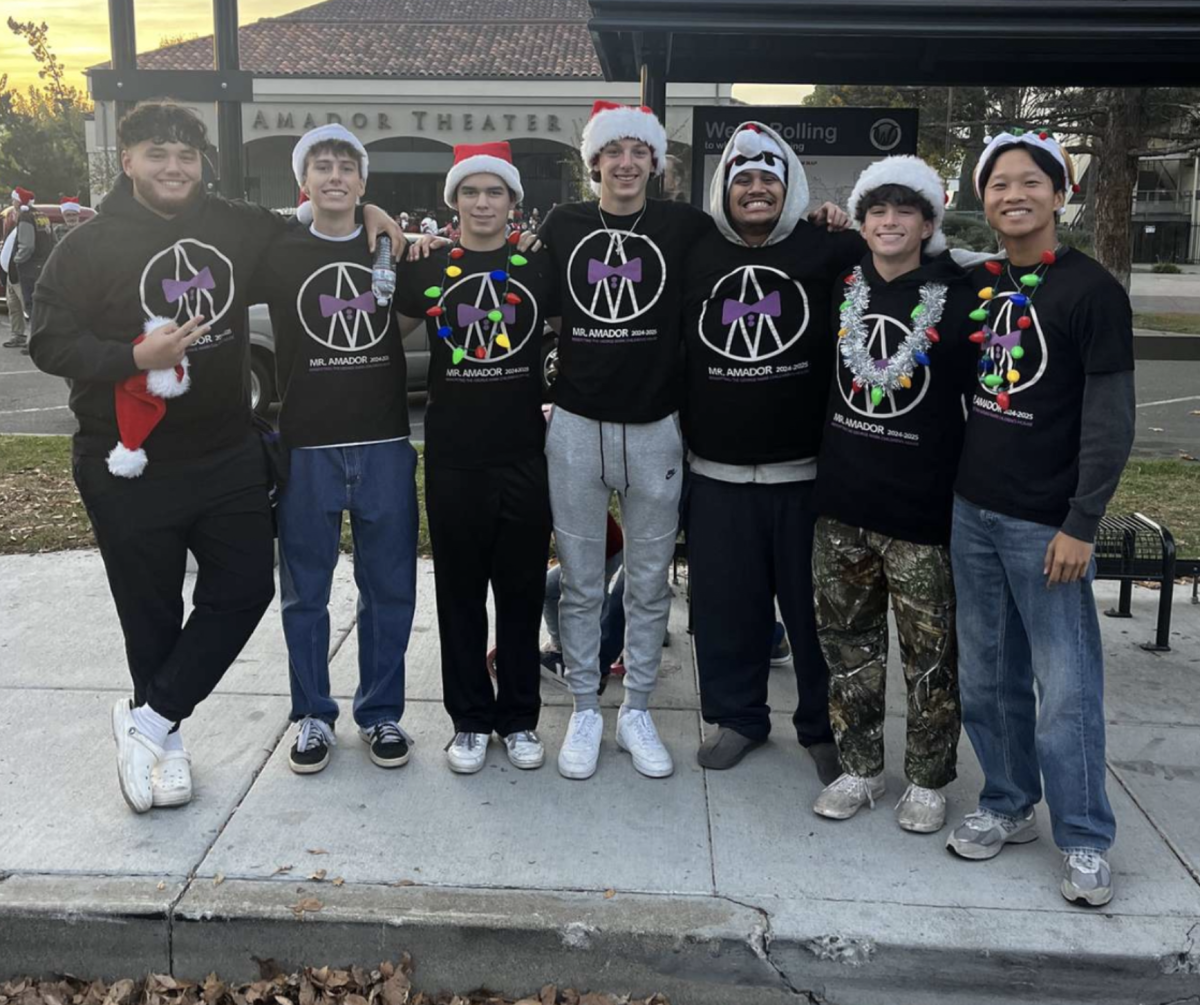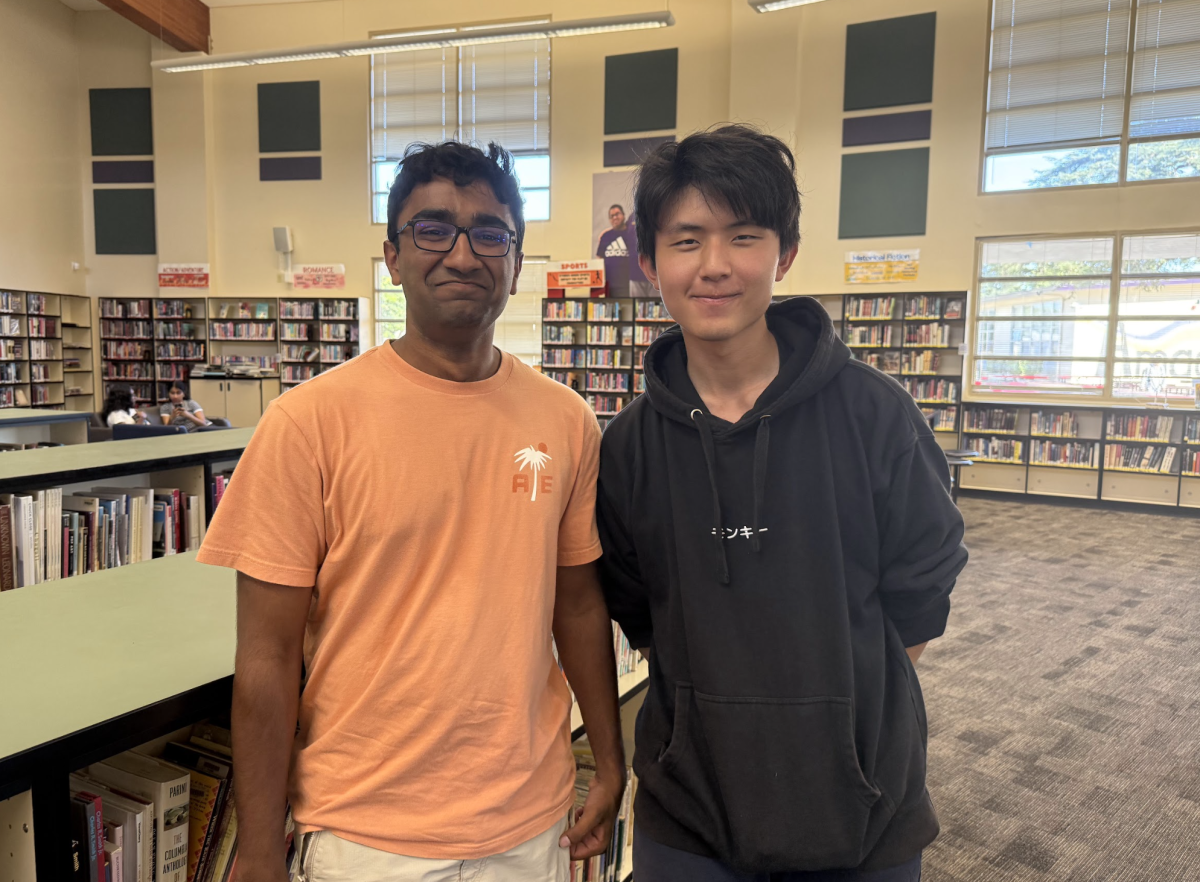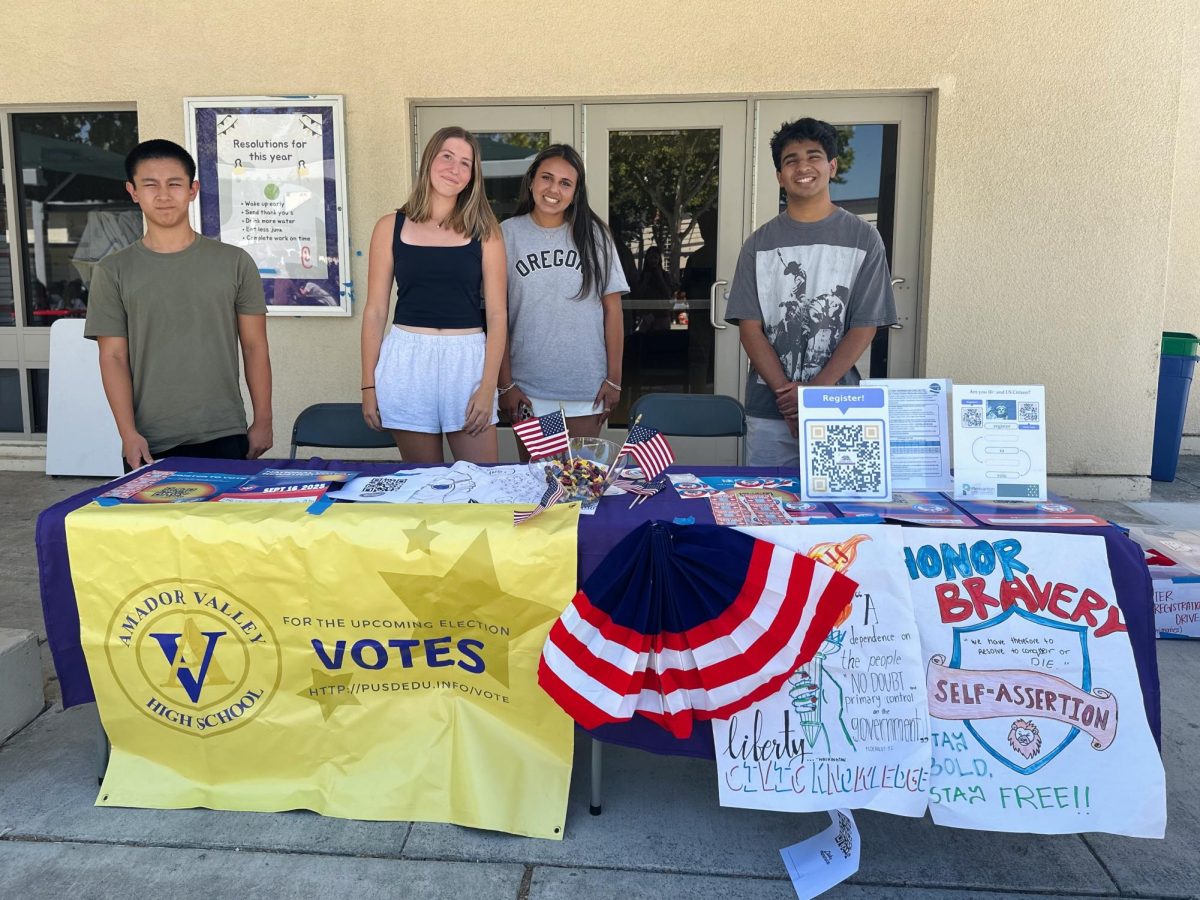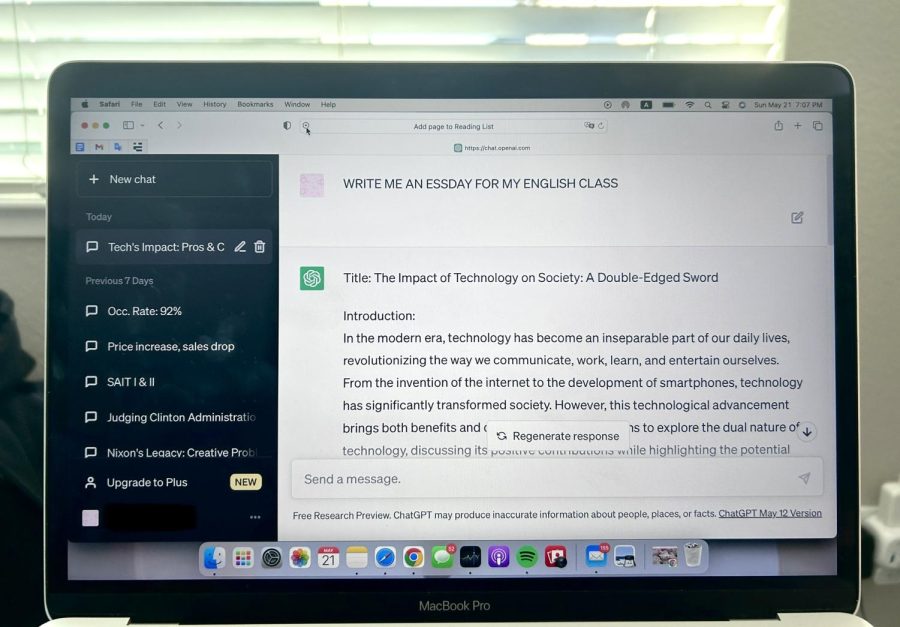On Thursday, May 2nd, Amador’s Advanced Computer Science Projects for the Contemporary World class, led by teacher Kevin Kiyoi, presented different tech creations to industry professionals around the Bay Area. In groups, students met a panel of computer science-related experts including those in software development, cybersecurity, and software applications. The presentation aimed to prepare students for the process of creating a product and promoting their products in the future.
“Overall this experience was super cool. I feel like it was a great preview of what industry experience would actually look like. As someone who wants to pursue a career in this software industry it’s great because it’s practice of implementing and pitching your actual idea,” said Nigel Purvis (‘24).
Students had twenty minutes to present their hard work while panelists asked thought-provoking questions to make the students prove their knowledge. Students’ professionalism in dress, presentation, and interaction with the panelists in demonstrating their product determined their grades.
There were four panelists in each presentation room. Panelists included Jigyasa Glover for general artificial intelligence and machine learning from Bordo AI, Sean Gray for cybersecurity from JPMorgan&Chase Co, Daniel Perlmutter for software development from Google, Erica Cunningham for software applications from ColorTokens, Yajie Liu for software development from Moody’s, Robin Basham for cybersecurity and compliance from EnterpriseGRC Solutions, Rick Tsuno for software development from Lawrence Livermore National Laboratories, and Carlos Moreno for computer science academia from Las Positas Community College.
“It was a surreal experience, honestly. I loved every minute of it. It felt like I was on Shark Tank almost. It was as if we were really selling our idea to them [and] the real industry. I loved presenting. It was kind of hard at first because I was scared of what the professionals would say, but as I kept going I realized that this is how it’s going to be in the future so I better get good at it now. The experience was overall great. I got to learn how to sell my idea and collaborate with my group members,” said Manya Saxena (‘24).
Some of the students’ products include Nutrition360, an app utilizing artificial intelligence to analyze food or dishes. The app detects what a specific food is or the ingredients in a meal, then finds the nutritional values of the ingredients. The artificial intelligence can then pull up possible recipes and track one’s nutrition over time.
Other groups tackled food waste via trash detection systems, attendance and student location tracking, and easy access to bank statements through automation extraction. Each presentation displayed students’ clear understandings of their technology and product’s purpose to the panelists, who also helped grade the projects with Kiyoi.
“Our project is called Club Compass. It’s a solution for all club information stuff at a school. At its base, you get to see all the other clubs on campus. You can select that you’re interested, or want to join [clubs]. We also have a calendar for all ASB events,” said Karan Gupta (‘24) and Nicholas Shao (‘24).
Kiyoi worked minimally with the kids on their projects, leaving students to put the projects together through self-discovery. Kiyoi mentioned there are many other classes available similar to this advanced class where students get real hands-on experience.
“I’ve never heard of anything like this. There are capstone projects but nothing to the depth and capacity these kids are launching themselves into,” said Kiyoi.

